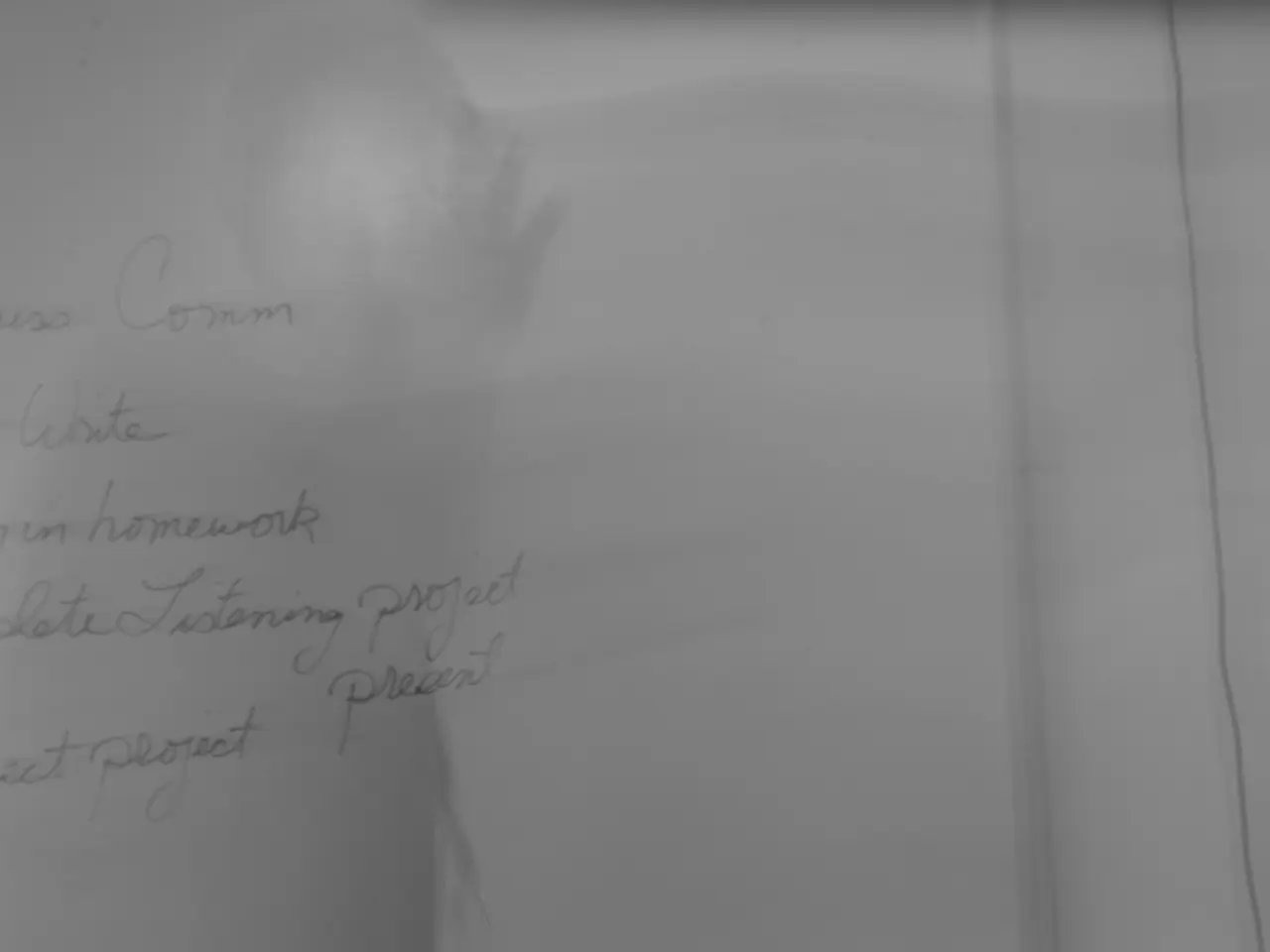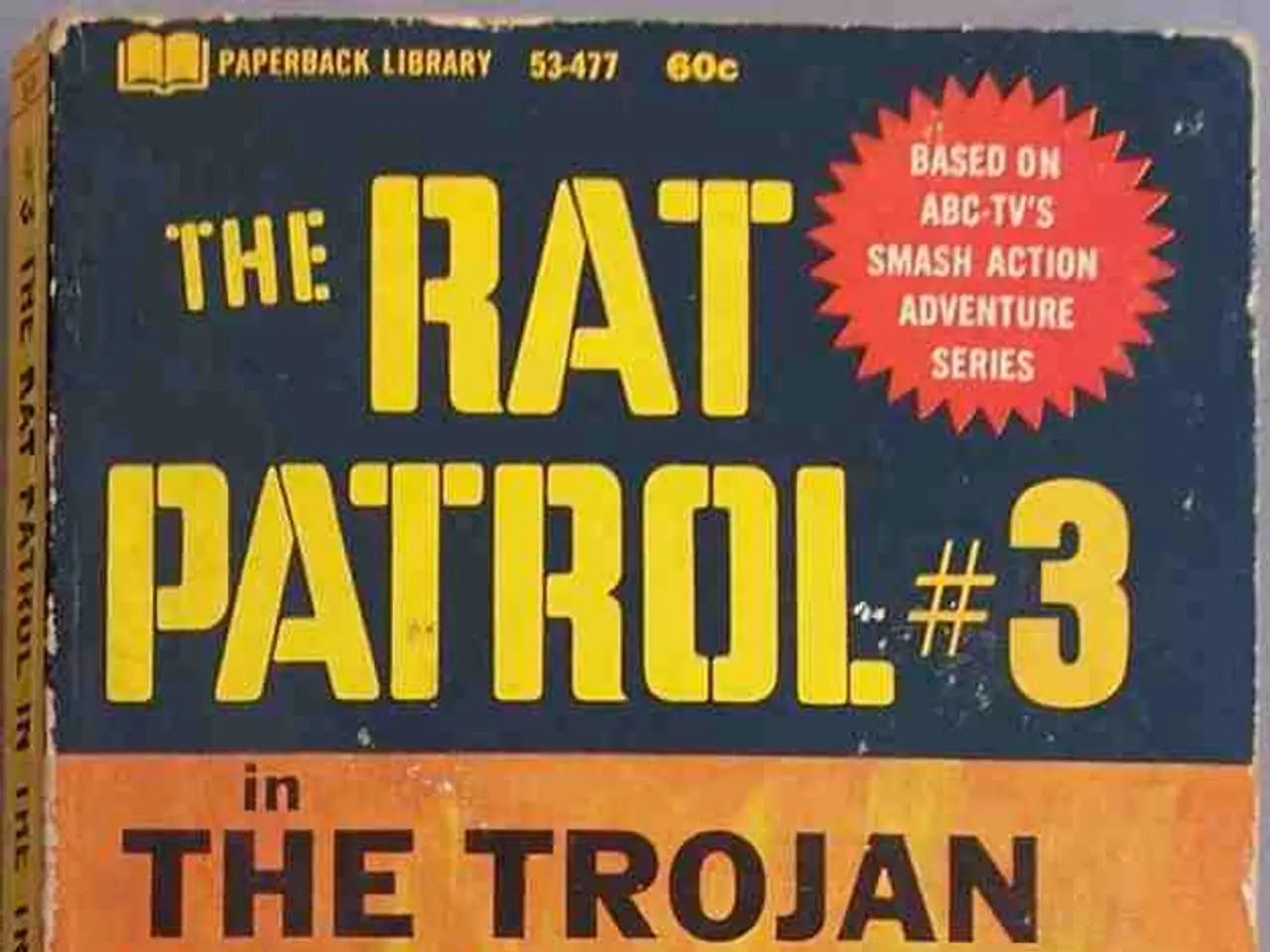Electoral rolls in Bihar are incomplete, with more than 65 lakh names absent, sparking criticism towards the Election Commission ahead of the state elections.
As Bihar gears up for its assembly elections, the Special Intensive Revision (SIR) of the state's electoral rolls has sparked controversy and political unrest. The revision, aimed at improving the accuracy and transparency of the voter list, has been accused of being used to manipulate and suppress certain voter groups.
The Association for Democratic Reforms (ADR) and Bihar Election Watch are preparing ground campaigns to assist voters in filing claims, particularly in deletion-heavy constituencies. However, experts warn that the onus placed on voters to prove wrongful deletion creates an uneven burden, particularly in rural areas with limited internet access or digital literacy.
The Election Commission of India (ECI) has opened a window for "claims and objections" until September 1, 2023. Opposition leaders, including Congress MP Manickam Tagore, have accused the Narendra Modi-led government of misusing the SIR to systematically disenfranchise poor and marginalized communities, especially Dalits and backward castes. Tagore and others likened this to colonial-era voter suppression tactics, alleging a "Manuwadi mindset" aiming to reverse democratic social justice gains.
While the ECI and Bihar CEO maintain that the SIR is a standard electoral roll revision procedure, conducted transparently without political bias, the opposition's criticisms revolve around fears of voter suppression ahead of key state elections. Preliminary analyses suggest that urban migrants, daily wage laborers, and young first-time voters are the demographic most affected by the deletions.
Legal experts suggest that petitions challenging the Bihar electoral rolls could soon be filed in the Patna High Court. Independent electoral observers argue that mass deletions in the electoral rolls must be accompanied by public-facing documentation of verification methods.
The SIR process, a thorough updating exercise involving distribution of enumeration forms to all 8 crore voters, aims to produce a revised final electoral roll by September 30, 2025. The removal of lakhs of voters could tilt the balance in closely contested seats in Madhubani and Gopalganj.
Affected individuals can approach booth-level officers or file grievances online. However, Bihar struggles with rural tech penetration, with less than 40% of its population having access to digital grievance redressal systems.
The unfolding situation around the Bihar electoral rolls reveals an uncomfortable truth at the heart of India's democracy: that voter lists are not just administrative tools, but instruments of power. The final impact on voter numbers will be known after the revision concludes in September 2025.
- The ongoing controversy surrounding the Special Intensive Revision (SIR) of Bihar's electoral rolls has led General-news outlets to cover the issue extensively, with politics taking center stage as opposition leaders accuse the Narendra Modi-led government of using the SIR to manipulate and suppress certain voter groups.
- In the wake of the Election Commission of India opening a window for "claims and objections" until September 1, 2023, Crime-and-justice watchdogs have urged for thorough investigation into allegations of voter suppression and potential misuse of the SIR process, particularly targeting poor and marginalized communities.






